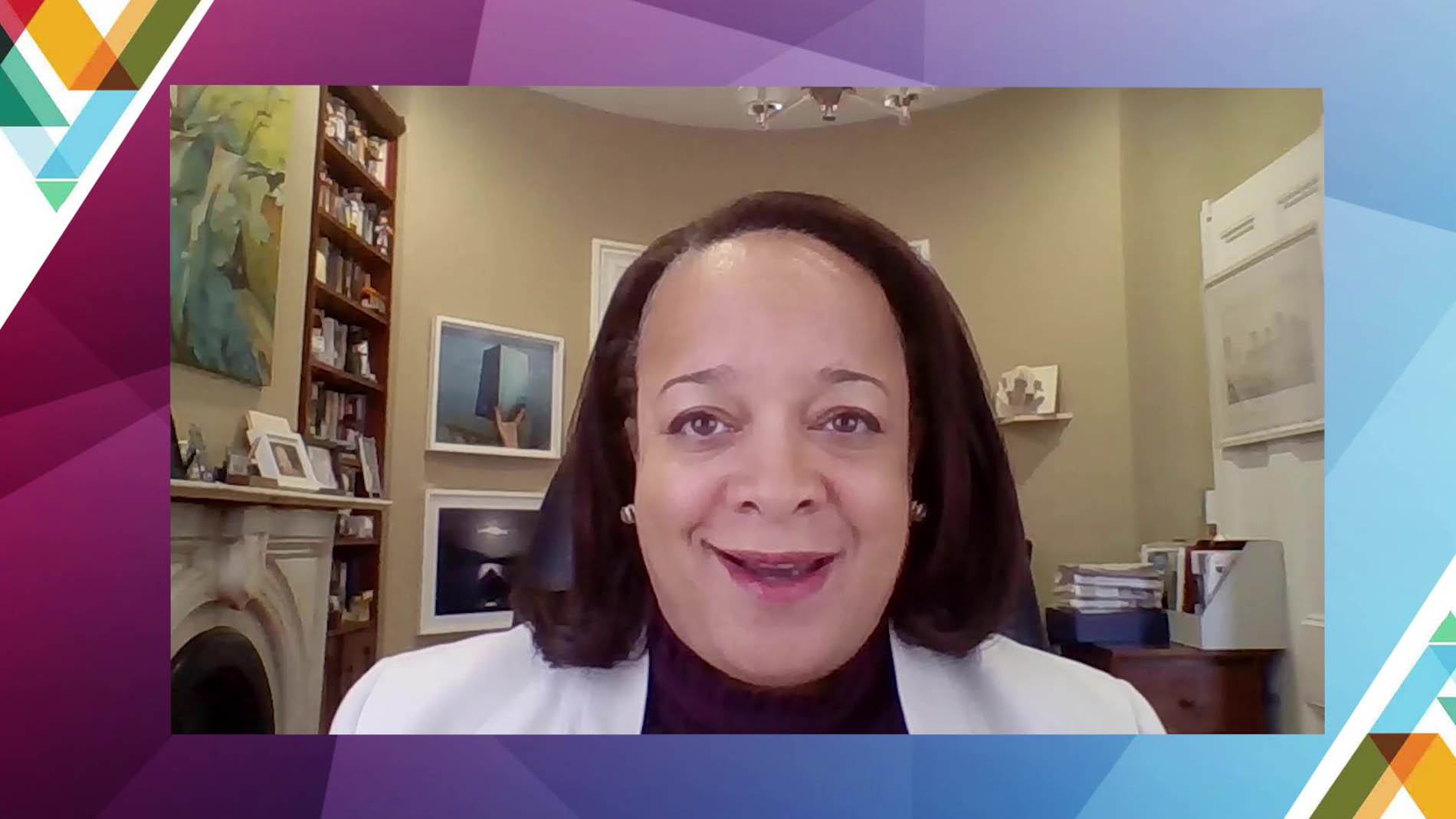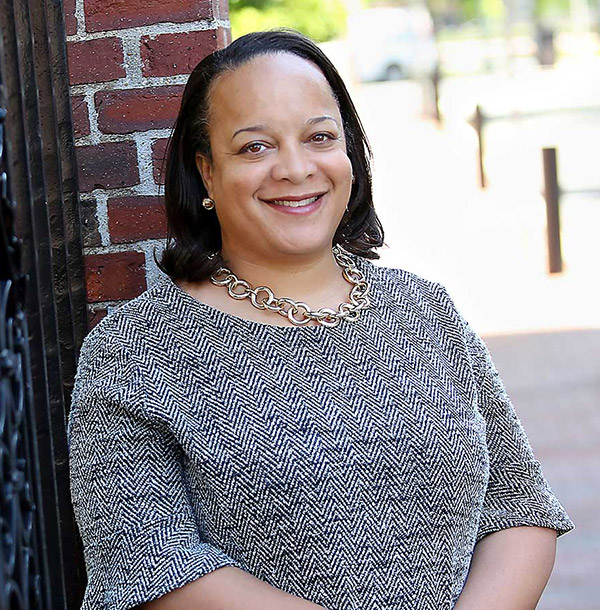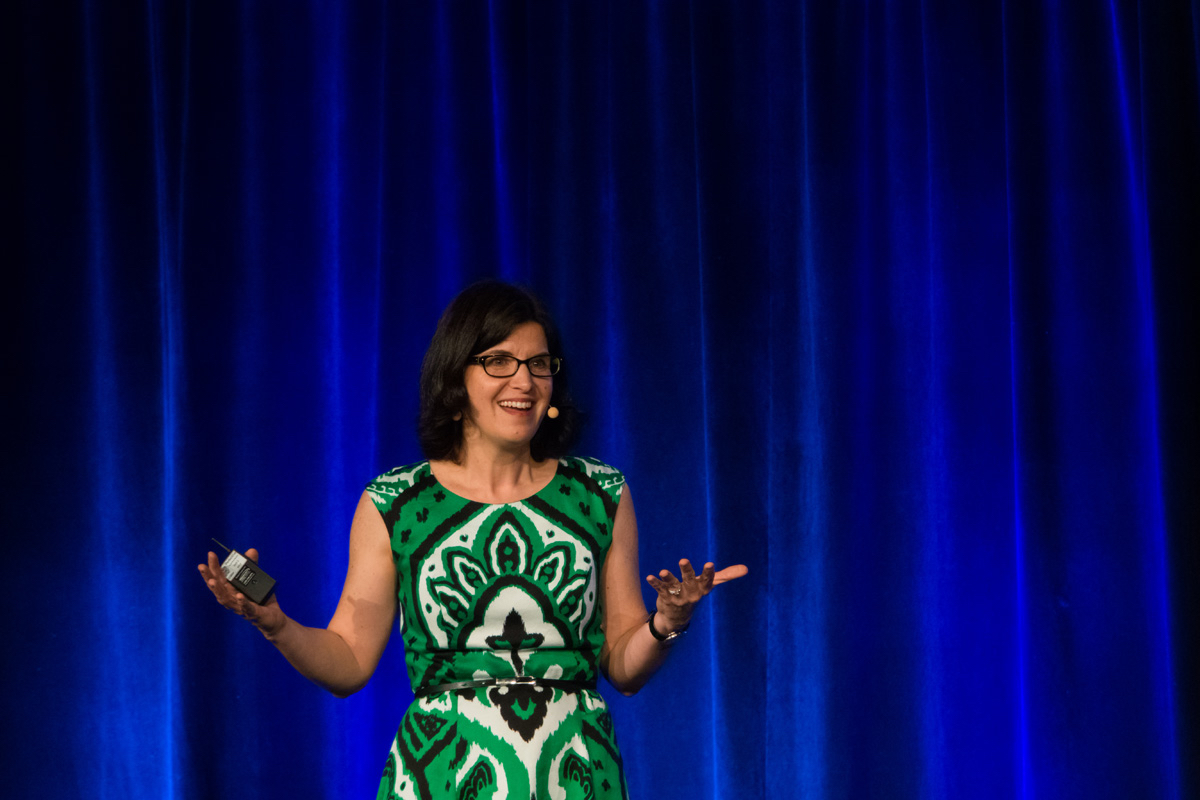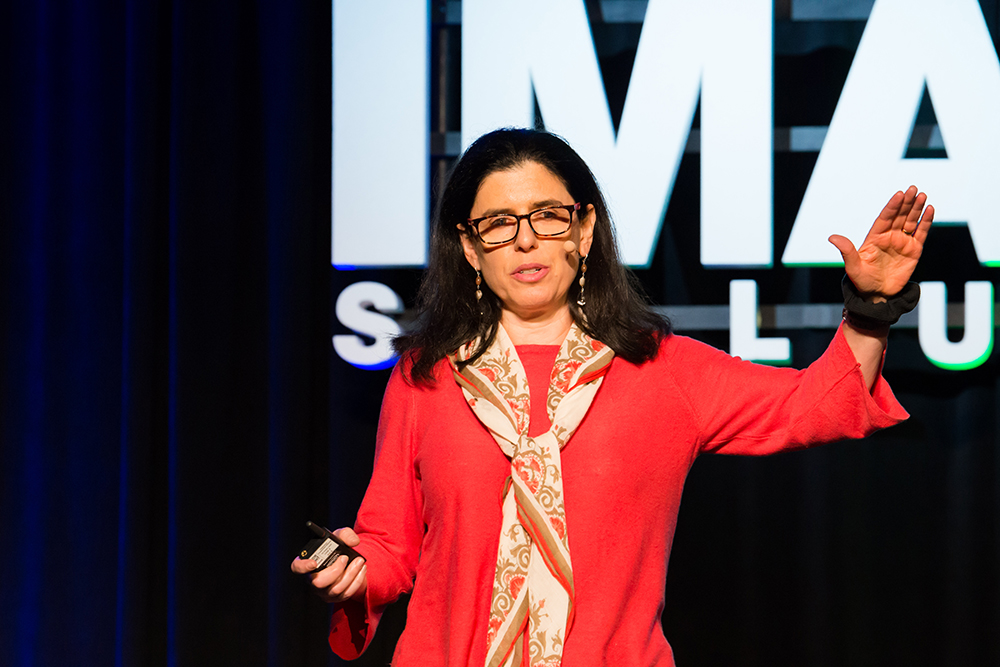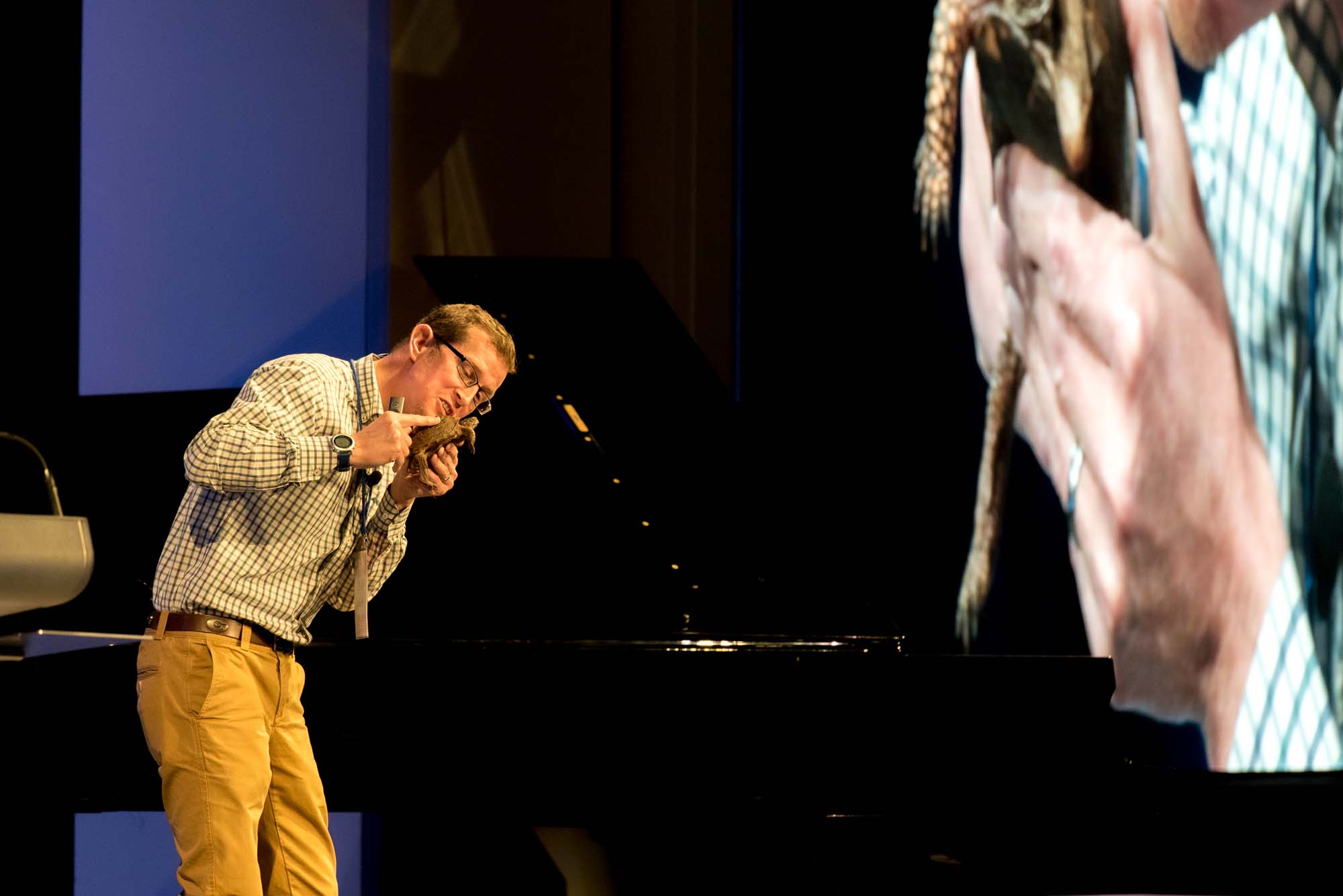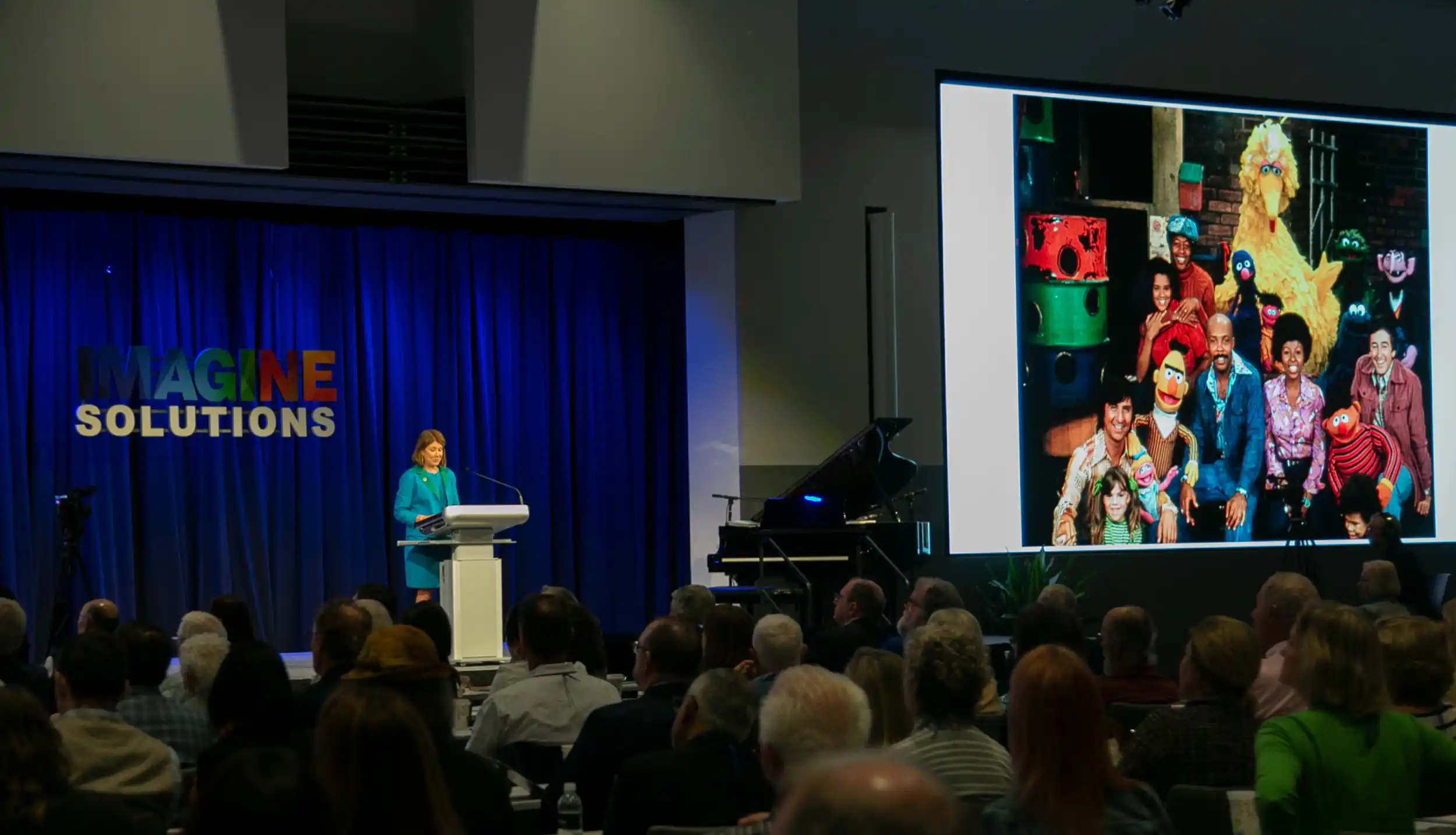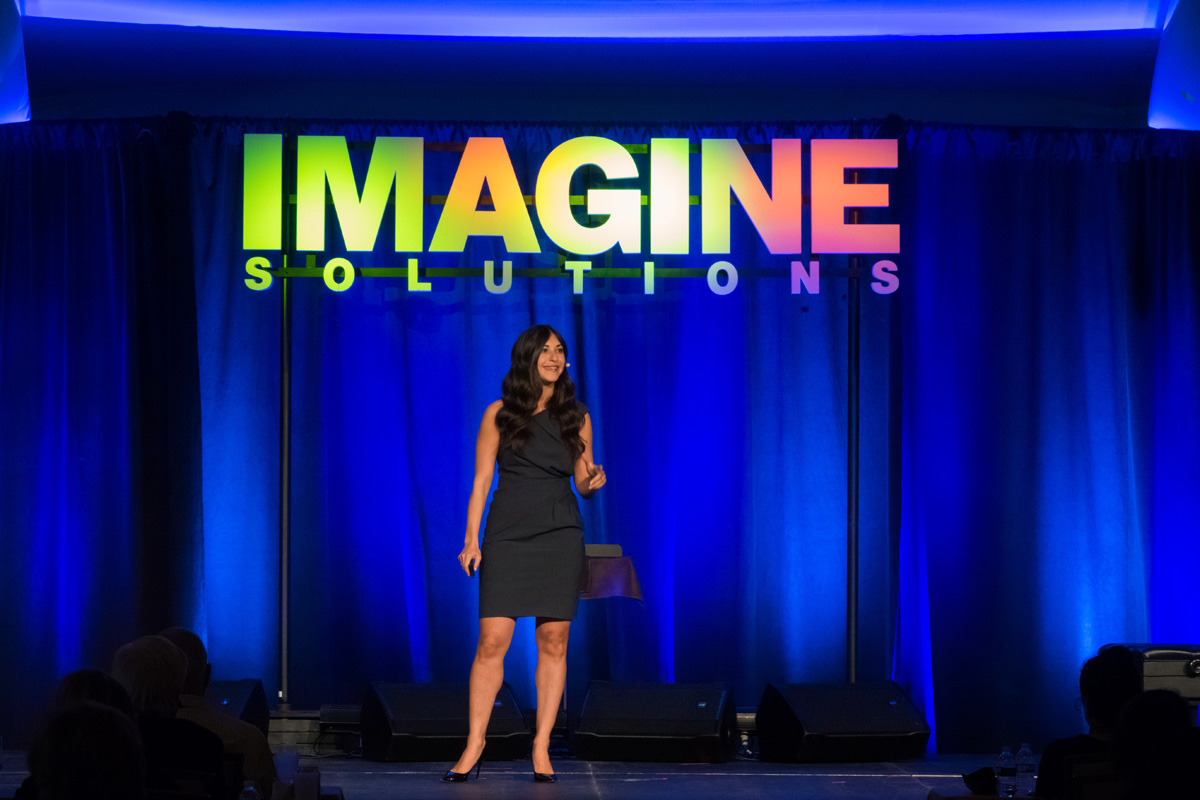Covid & Education
Insights and perspecitive of Covid on education in America and what we might expect going forward
00.00
bridget terry long is the 12th dean of the harvard graduate school of education and we're delighted to have her with us today she sees education as a transformative driver not just of success but of equity of justice of health and wellness and she'll tell us why she feels that way and how she's pushing schools to turn their visions her vision into action and yes she'll talk just a bit about what this past year has been like for teachers and students from k through grad school please welcome harvard dean bridget terry long [Music] welcome my name is bridget long and i'm honored to be dean of the harvard graduate school of education i'm delighted to be here with you today to share my thoughts and observations about the impact kovit has had on education second perhaps only to public health
01.00
i cannot think of any other sector that has been more impacted by what we've been going through over the last year with covid so i'm going to share a bit about the challenges the opportunities and how kovind may impact the future of learning to begin as you can see from the slide the kova pandemic has created the largest disruption in education systems in history affecting nearly 1.6 billion learners according to the united nations the closure of schools and other learning spaces have impacted 94 percent of the world's student population up to 99 percent of those students who are in low and lower middle income countries now with the onside of kovid one thing became crystal clear our education system does more than just focus on academics as you can see on the schools are more than just physical buildings that provide academic content they provide regular access to food and
02.00
health care and educators do more than just stimulate minds they provide critical social emotional support and the safety of adult supervision community-based organizations also are important and our supports that we give to students and essential in supporting and protecting them beyond the school day so to inject a little bit of humor in those early days for those of you who are parents or grandparents and all of a sudden had children home with you i love this tweet by shonda rhimes creator head writer and executive producer grey's anatomy scandal and the producer bridgerton the hit on netflix as she writes been homeschooling a six-year-old and eight-year-old for one hour and 11 minutes teachers deserve to make a billion dollars a year or at least a week so we quickly realized just how essential schools teachers our system is to making all of our lives work and now nearly a year later education has
03.01
undergone rapid change some would say education is in chaos we see a constantly evolving array of school models whether in person hybrid fully remote and there are continuous debates about whether to open or close schools will we ever return to normal should we even aspire to do that with all that has been exposed and all that we've learned what does the future hold well for the rest of my presentation i'm going to first summarize the major challenges facing education due to the covid pandemic share some of the major lessons from the last year consider how the future of education might be quite different and end by focusing on next steps what can we do now to prevent this year from being a lost year so let's begin with the challenges i think at the most of everyone's mind is learning loss and this has presented itself in many ways initially
04.00
we were worried about missing students so last spring when many schools had to very very quickly pivot to remote education data showed us that many school students were not actually logging into their systems and they could not be located in fact in the boston public schools there were worries that one in five students were virtual dropouts they did not register or log in to their systems last spring and then as we started this school year last fall estimates suggest that students lost roughly a third of a year in reading and half of a year in math though this varied tremendously depending on individual school districts and what families were able to do as we go forward with this school year prediction suggests that by next fall some students will have lost as much as three months to a year of learning depending on the quality of the remote instruction and it's not only happening in k-12 and higher education
05.00
we see declining enrollment at community colleges in particular the access point for many first-generation low-income college students freshman enrollment fell by 19 so we're certainly seeing fewer students missing students and concerns about learning loss but in addition to academic concerns we are having growing concerns about mental health trauma and safety hearing increasing calls for the need of social emotional supports for students of all ages as well as for educators and staff and i certainly know for our families at home as well you know as noted by many colleagues of mine certainly taking students out of school they lost an important source of stability of support and of adult supervision to notice when things are going wrong now if you look at the slide i've summarized those two main points of learning loss and concerns about mental health but i really want to emphasize
06.00
a major implication of this what many are concerned about is the widening of educational opportunity and support gaps between children of different backgrounds this undoubtedly is one of the greatest risks of the pandemic and it stems further from the fact that some parents have more resources and have been better able to supplement or even replace what students have lost in their public schools perhaps with the help of tutors learning pods online activities being more highly educated themselves to be able to fill the gaps so unfortunately there is a lot of concern in early evidence to suggest that closing opportunity gaps which so many have worked so hard for on decades that we're now actually going backwards because of the pandemic in fact research has found that disadvantaged students are much more likely than others to be engaged in remote schooling right now and are less likely to be able to have day-to-day contact
07.01
with their teachers and this is certainly increasing the risk of them having less effective instruction and widening the achievement gap another big impact that kovid though is having on education is just straining the education system if we consider teachers for a moment and i know there are many in the audience first of all there are there are the health risks analysis by the kaiser family foundation estimates that 1.5 million teachers nearly one in four have health conditions that increase their risk for covid complications we're seeing spikes in some areas of retirements and resignations according to education week and concerns about teacher strikes in various areas around the country the implication of this is teacher shortages do we have enough teachers in the classroom do we have enough supports available for students given the realities that teachers and communities are facing
08.00
and the same is true for early childhood care providers many had to to close their centers as we shifted to quarantine and given very small margins financially real concerns about whether or not they can open and this is going to have a tremendous impact on families so those are certainly major challenges but let's turn and realize that during the last year there have been a number of new lessons learned and this may actually be a turning point for education one important lesson has been that one size fits all does not apply here now many realize this but when you think about so many of our investments and our policies they really treat students and schools as if they're the same but this pandemic has underscored what many educators already knew and that is just how much student needs vary when we bring students into schools we're able to do so much
09.00
to level the playing field but it matters greatly about what's happening in their families and their neighborhoods and their full wrap around lives and certainly as now many students are working from home those conditions matter even more and so there has to be great emphasis on meeting children where they are this is really the principle of equity not every student or family needs the same thing and so we have to be nimble and flexible enough to be able to meet students and address their specific needs if we're going to make progress similarly school context matters greatly all schools are not the same all districts are not the same and this has been underscored as we looked at as we look at different debates about whether or not to open or close schools due to covid what is right for one school may not be right for another due to local public health conditions buildings and spaces the ages and needs of the students they're trying to serve
10.00
as well as their local teacher force it involves balancing trade-offs and risks and situations are constantly evolving as my colleague at harvard daniel allen has written we need to stop thinking about schools in a binary way open or close and extend instead assess the risks for in-school transmission and the quality of infection control in each school and even in each classroom in each hallway this is looking and making many many micro decisions rather than being able to say across the board what is possible for school so the first major lesson again has been one size does not fit all the second is just how important it is to let go of old assumptions if you look at the slide i want to emphasize one thing that i told my students this year during orientation and that is we're selling ourselves short if we only think of a school or university as a place a spot on a map
11.01
rather than a group of dedicated people working towards the important mission of supporting learners what covid has done is made us stop and think what is education what is a school stated another way we have to think about it more than just a physical building this has caused a number of conversations and letting go of those old assumptions to say what really are our goals and how do we want to accomplish them in many ways covet has pushed one of the greatest interventions in education for educators of all sorts of students as well as staff other staff about being really explicit about the learning goals and supports we're trying to offer and what does it mean to be a community whether you're able to be physically together or you're remotely apart it's also underscored the importance of very quickly being able to shift the assumptions that you're making and to bring in new knowledge and creativity
12.00
what we have certainly seen during the experience at covid is the schools the principals the education leaders who have been more proactive and moved more quickly and realizing the new reality that we were in have been the most successful in addressing students needs waiting to pivot was a recipe for disaster both in the k-12 and higher education level leadership and flexibility matters and then the third lesson is that we really do need to seize on this as an opportunity we're able to expand the boundaries of those we can reach and also how we engage them and this personally has been an important lesson for me as dean of the harvard graduate school of education as we had to make so many changes due to covid shifting our mindset from having looking at this as compromise and instead as opportunity has been a very very important realization for my community for my
13.00
faculty staff and also my students several things we've learned is that because we're remote distance no longer has to matter in the same way we did this when we opened up emissions because we realized we could reach educators around the world and give them access to our faculty we thought about new ways of teaching now the physical space doesn't matter you're hearing from many educators because of things like zoom and other platforms you can now easily create smaller discussion sections and you don't have to worry about finding classroom space for that as one of my faculty said too with remote education now every student is in the front row he can see everyone's face clearly and the kinds of interactions that they can have are different important with all of this though is that human connection connection still matters greatly we just have to think about how we use technology to still do that while again capitalizing on the
14.01
opportunities of the fact that distance and physical space no longer have to constrain us we've seen increases as well with guest lecturers bringing them into the classroom now that people don't have to get on airplanes so in many respects i think many districts and teachers and educators are learning although we did not choose this and did not expect it if you take this on with the mindset of it being an opportunity you learn that there are different things you can do with your classroom but again still underscoring education oftentimes is about people and it is about those connections we just have to change the way that we're doing them so this has certainly been a time for learning but what does the future hold are we going to go back to what we had in the past well there are many who think that this time the impact of covid all that we have learned actually gives us opportunity for a whole new reimagined future
15.00
as you can see from the slide i have a quote from one of my colleagues paul revel who is also the former secretary of education in massachusetts he has written we are not returning to the status quo ante the field will show permanent changes as a result of this crisis and our adaptations to it because of this experience parents students and teachers will be seeking profound changes in the way education operates in the future so i'd like to consider some of the ways that education could be very different you know the longer that our schooling is interrupted the more likely that these new experiments that families teachers schools are doing the more likely that they're actually going to take root one thing that has been happening as i emphasized earlier with some of the lessons is thinking clearly about learning goals or refocusing on the essentials and drawing from something another of my colleagues john maida who's professor of education at the harvard graduate school of education he's suggesting
16.00
that marie kondo for those of you who are familiar with the organizing expert actually that philosophy has something to give to k-12 educators by focusing on the essentials it allows opportunities for teachers to go deeper create space to form relationships build communities just think very deliberately about how they are connecting with students and how they are engaging in deeper learning it's also been an amazing time to learn from each other now so often what you find is in schools and researchers we spend a lot of time focused within the us but this has been an unusual time where we've looked across borders and around the world as we've seen educators districts school systems all across the globe having to contend with how to manage through covid and so unlike any other time i've seen just increase listening learning and discussion across these borders what if we could actually capitalize on those lessons um across our schools across boundaries
17.02
so that we can actually learn how to do a better job of personalizing education to the needs of students and families and how we can use technology in combination with an important emphasis on human connection to support learners moving forward so we need to adapt our systems to match the learning and support needs of our students but i'll understand again as shown on the slide a key question is going to be whether or not these changes that we see these new uses of technology of learning pods of teaching of emphasizing new skills whether these changes are going to exacerbate gaps between students with different backgrounds i'm hoping that we can take a more optimistic look but that will take deliberate effort and commitment to make sure that the lessons learned and the gains that are possible from this incredible time are spread across all of our students so finally next steps how do we ensure that this year is not a lost year i am concerned by the
18.02
fact that so many have kind of written off this academic year and accepted the fact that students may have learning loss we still have time we still have months left in this year and you never want to give up on a child there are so many things that we can do so let me outline some of those ideas as we look forward the first thing i want to underscore is that data are essential we've gotten a way of so much testing and that was absolutely for the right reason but as we look ahead we have to think inclusively about all sorts of data so that we can assess the needs of different schools of different students so that we can meet them where they are so that we can prioritize where we need to pay our attention first we also need data so that we can learn from each other some schools some classrooms some educators have learned amazing things that they can do to support their students and continue to make gains we need to be able to identify them and learn from them so we need data to
19.00
help us in our decision making and to really wrap our our minds around where can we put our best efforts in order to help students families and schools so capturing our lessons assessing our needs formative assessments for students not high accountability assessments but formative assessments where we can assess where they are with their needs because again teachers are confronting the fact that their students are not going to all be at the same level depending on how they made the transition to remote education what additional supports what other things were going on in their individual families so that we can again meet students where they are and the federal government and state government have a unique role to play in this collection and sharing of information across borders to help us coordinate as we attack these very important problems the second thing we need to do is increase learning time well while we are remote we're no longer constrained by bus schedules and travel and i know for my own children the concern that there may be are not going to be any future snow days
20.01
here in boston because they will always have access to their teachers remotely now i'm not sure if that is going to be the case but again we do need to think outside our traditional boundaries and let go of our regular assumptions and in fact you've already seen some school districts start to talk about extended school years and summer is going to be a very important time when hopefully with vaccinations and you know turning the curve with covid along with more unstructured time we'll be able to target learning and supports and make up for some of the the learning losses during this year but again that will take throwing out old assumptions and thinking very creatively about how we extend learning time weekends summers um and multiple ways keeping in mind though that this is more than just about academics we have to make investments in mental health and trauma supports this is uh includes those supports that we give to students the training we give to teachers the number of school counselors we have
21.02
the training and supports we give to school nurses paraprofessionals anyone who is in a school being better prepared to provide these services but also realizing those teachers and staff need those supports as well this has been a hard time for all of us and for all the parents and grandparents and families at home taking seriously the fact that we can't thrive academically if we don't have a strong foundation and support our mental health should cause us to give attention and investment to the training and space needed for those those and very very important needs next we have to think really creatively about our capacity as you can see teachers are essential workers there is no question but we have to think beyond just teachers and in fact many parents and grandparents now are partners in this education system in ways that they have not been before but let's think even more creatively than that to draw upon a conversation i had with jeffrey canada
22.01
the founder of the harlem children's zone who is also a harvard graduate school of education alumnus one thing that was key in his model is in thinking beyond just those who are in the schools to thinking about the communities and before i mentioned community-based organizations thinking about corporations in business thinking about older students tutoring younger students college students in particular many who took gap years how they can be into the system so we have to think creatively beyond schools to bring in the many many people who i know want to help so community-based organizations and partnerships after school programs tutoring this is a great way to bring people together with the effort of supporting our learners and helping them with their academics so there are many things we can do many approaches to make sure this isn't a lost year and i hope that these activities these investments will continue so that we can change what the future of education is going to be
23.01
but it will take commitment it will take funding and that's why so many of the important discussions right now are about how do we prioritize how do we invest in the future because our students will determine what is ahead for us certainly things like accelerated learning high intensity intensity tutoring have been shown the evidence shows that those work and supporting students but we have to make the commitment as a community to make those investments and what i hope that we've all learned from covid again is just how essential our education systems are for all of society just how essential our teachers our principals our instructors of all levels are to supporting families and students and communities in multiple ways so that is my hope as we go forward that we don't lose sight of that important lesson so that we can make the commitment and
24.01
give the support needed to make sure we have a bright future ahead

